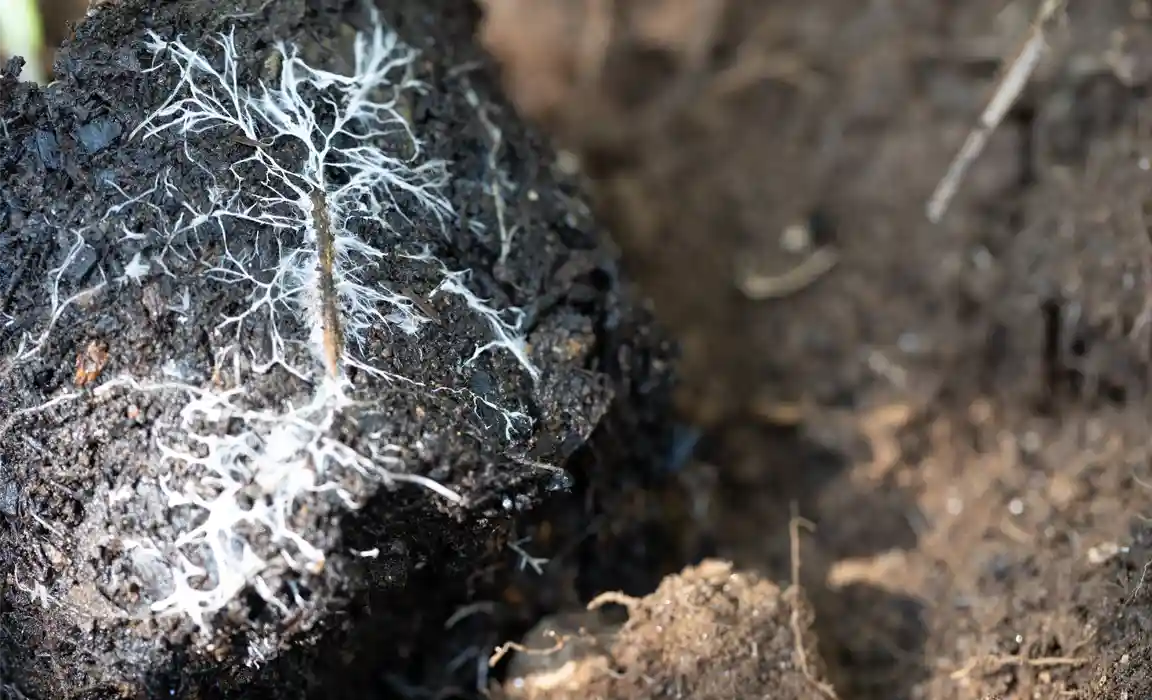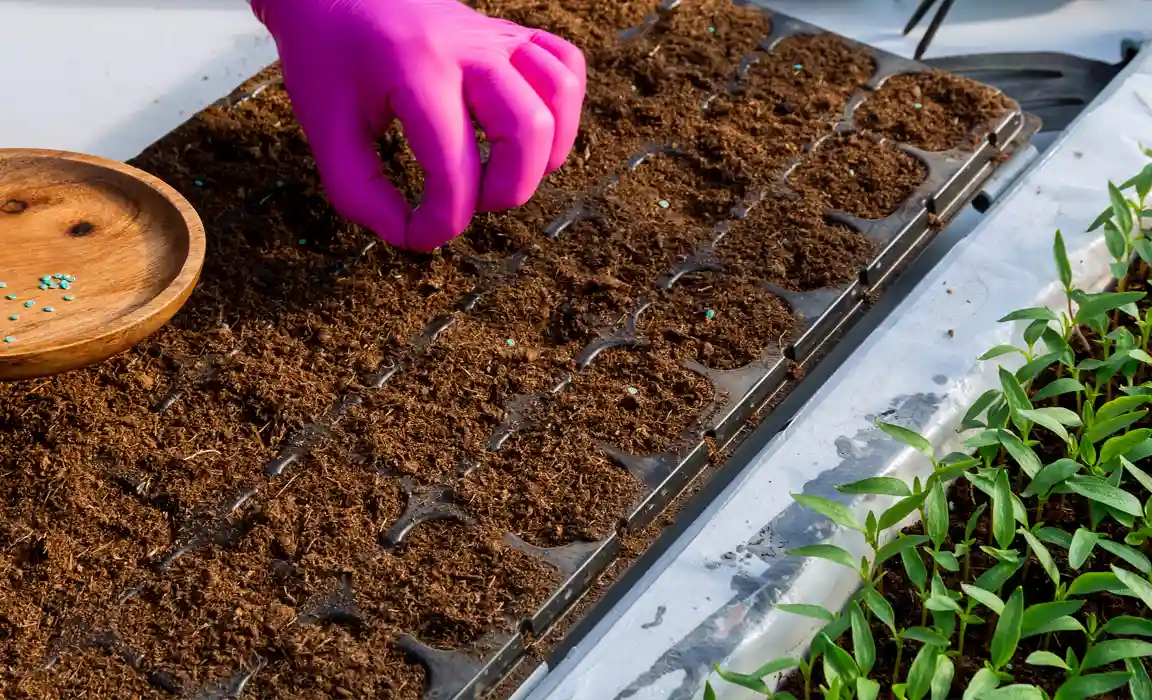As we stroll through gardens, farms, or lush landscape, it’s easy to overlook the vibrant ecosystem thriving beneath our feet. Soil isn’t just a static mixture of minerals and organic matter; it’s a bustling habitat teeming with life – particularly beneficial microbes. These tiny microorganisms play a crucial role in maintaining soil health, promoting plant growth, and driving sustainable agricultural practices. Understanding their roles is essential for creating resilient ecosystems and productive farming methods.
What are soil microbes?
Soil is home to a remarkable diversity of microorganisms, including bacteria, fungi, protozoa, nematodes, and algae. In just one teaspoon of healthy soil, there can be billions of bacteria and millions of fungal spores! While some microorganisms can be harmful, many are vital for soil health and ecosystem balance.
Core Functions of Beneficial Microbes in Soil
Beneficial microbes contribute to soil health in several keyways:
- Nutrient Cycling: Beneficial microbes are essential for cycling nutrients like carbon, nitrogen, phosphorus, and sulfur. For example, nitrogen-fixing bacteria such as Rhizobium form symbiotic relationships with legumes, converting atmospheric nitrogen into forms that plants can absorb. Meanwhile, mycorrhizal fungi enhance phosphorus availability by extending root-like structures into the soil, making this critical nutrient more accessible while receiving carbohydrates from plants in return.
- Soil Structure and Water Retention: Microbial activity significantly contributes to soil structure. Fungi produce a protein called glomalin, which binds soil particles together to form aggregates. These aggregates improve soil aeration and water retention, fostering better root growth—especially during dry spells. A healthy soil structure supports increased microbial activity, creating a beneficial cycle that enhances overall soil health.
- Disease Suppression: Beneficial microbes can suppress plant diseases. They outcompete or inhibit pathogens, providing a natural form of disease management. For instance, certain bacteria like Bacillus subtilis produce antibiotics that target harmful fungi and bacteria. By reducing the reliance on chemical pesticides, beneficial microbes support both plant health and environmental sustainability.
- Decomposition and Organic Matter Formation: Microbes are vital for breaking down organic matter, such as decaying plants and animal waste. This decomposition process recycles nutrients back into the soil, enhancing its fertility. As organic matter decays, it transforms into humus, which improves nutrient retention, moisture capacity, and overall soil structure.
- Bioremediation: Some beneficial microbes can detoxify soil pollutants, making them crucial for environmental health. Specific bacteria and fungi can metabolize heavy metals, hydrocarbons, and other harmful substances, restoring contaminated soils for future agricultural use. This bioremediation capability is invaluable in reclaiming damaged or polluted lands.
The Benefits of Cultivating Beneficial Microbes
Given the essential roles that beneficial microbes play in soil health, fostering these communities can yield numerous outcomes:
- Increased Agricultural Productivity
With enhanced nutrient availability and natural disease suppression, crops thrive, resulting in higher yields. This is increasingly important as the global population grows and the need for sustainable food production intensifies. - Sustainable Agricultural Practices
Encouraging beneficial microbes can significantly reduce the reliance on synthetic fertilizers and pesticides. This shift promotes environmentally friendly farming practices, benefiting both farmers and the ecosystem. Sustainable practices are vital for long-term agricultural health. - Resilience to Climate Change
Healthy soils enriched by microbial activity are better equipped to withstand extreme weather events, retain moisture during droughts, and recover from flooding. This resilience is key as agriculture adapts to a changing climate, ensuring food security for future generations. - Biodiversity Enhancement
Supporting microbial communities fosters a more resilient soil ecosystem, which in turn supports diverse plant and animal species. This biodiversity contributes to ecosystem stability and functionality, creating a balanced environment that benefits all life forms. - Soil Restoration and Remediation
Understanding the roles of beneficial microbes aids in restoring degraded soils. By intentionally enhancing microbial populations, we can rehabilitate damaged soils, improving their health and productivity over time – essential for agriculture and environmental conservation.
Conclusion: Sustainable Agriculture with Beneficial Microbes
Embracing the role of beneficial microbes in soil health is crucial for promoting sustainable agricultural practices and enhancing productivity. Farmers and land managers can nurture these microorganisms by employing strategies such as organic farming, cover cropping, and reduced tillage, all of which support vibrant microbial communities.
One innovative approach gaining traction is the use of inoculated biochar, which combines beneficial microbes and essential nutrients into an all-in-one, ready-to-apply product.
By prioritizing soil health through these practices and tools, we not only improve crop yields and resilience against pests and diseases, but we also contribute to the overall health of our ecosystems. Investing in beneficial microbes is a tangible strategy for building a sustainable agricultural future, ensuring food security, and protecting our planet for generations to come.





